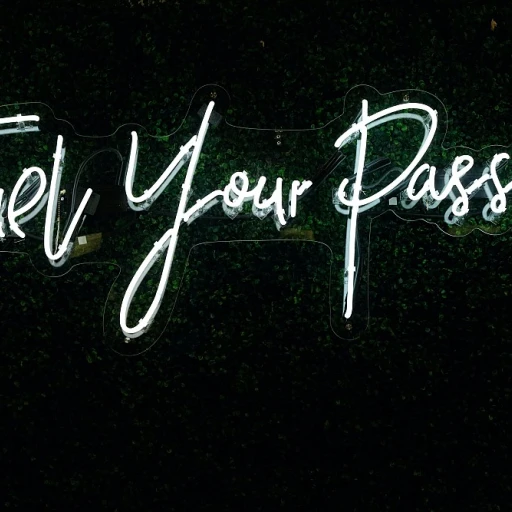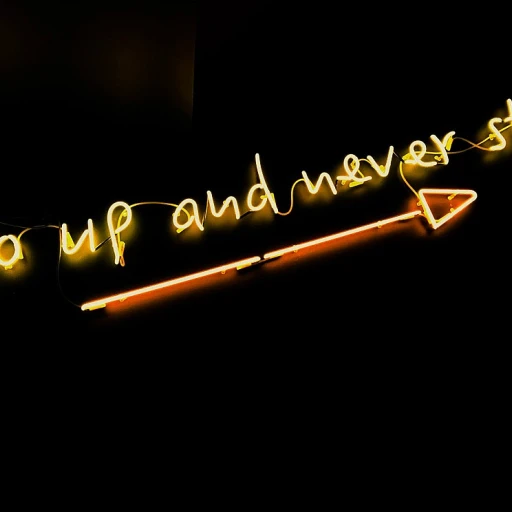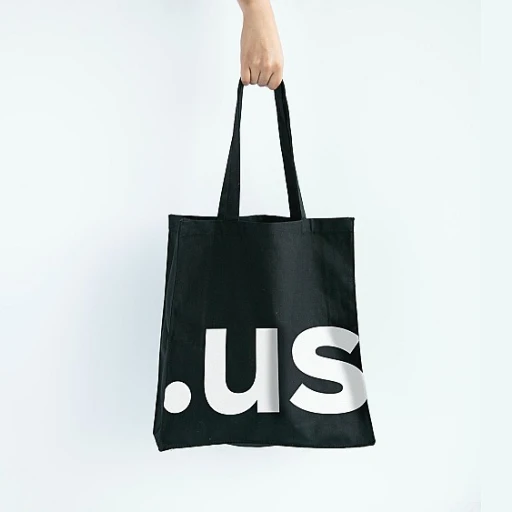
Understanding the Recruiter's Perspective
Inside the Recruiter's Mind
Embarking on a job application journey often entails understanding the perspective of those who hold the key positions—recruiters and hiring managers. Grasping their mindset is crucial to crafting an effective email that makes a meaningful connection. Every email you send is a piece of the larger hiring process puzzle, and, knowing what drives recruiters can significantly enhance your chances of making a lasting impression.
Recruiters sift through countless emails and resumes daily, searching for the best matches for their job roles. They aim to streamline the hiring process efficiently. Therefore, grabbing their attention means understanding their priorities and challenges. When scrolling through applications, recruiters look for clear and concise information that highlights the applicant's suitability for the position.
Be mindful that while crafting your email, addressing the specific job title and role you are applying for, is essential. Demonstrating that you understand the company's needs reflects positively on your application. Recruiters appreciate when candidates spell out their motivations and how their skill set aligns with the job offer.
While personalization and the unique value you bring are crucial elements—and yes, tackling these forms the essence of effectively standing out—it’s important to remember the recruiter’s perspective. Adding value with clear, concise, and direct communication might lead you toward a fruitful follow-up and ultimately, a rewarding interview process.
Moreover, feel free to explore valuable insights on enhancing employer branding strategies, which can indirectly support your understanding of what recruiters value most at Recruiting Techniques and Employer Branding.
Structuring Your Email for Maximum Impact
Building an Effective Structure
Crafting an email to a recruiter is quite an art. The structure of your message plays a crucial role in how your communication is received and can greatly impact your first impression. Starting with a clear and compelling email subject can make all the difference. Make sure the subject line is concise yet descriptive enough for the recruiter to understand the purpose of your email at a glance. Something like "Enthusiastic Application for the [Job Title]" can be both informative and engaging.
Begin your email with a polite greeting. Addressing the recruiter as "Dear Recruiter" or, ideally, using their name if you know it, adds a personal touch from the start. In the opening paragraph, state the position you are applying for and where you found the job offer — this gives the recruiter context and shows diligence on your part.
In the body of the email, focus on summarizing your qualifications and why you would be an excellent fit for the role. Highlight skills and experiences from your resume that align with the company's needs, making it easy for the recruiter to see the connection. Including your insights into the company's values or achievements can demonstrate initiative and enthusiasm.
Conclude your email by expressing your interest in engaging with the hiring process further, perhaps with a follow-up interview. This shows eagerness and readiness for the next steps. Restate your contact details to encourage prompt responses, and let them know you’re looking forward to forward hearing from them soon.
Finally, don't forget to proofread your message to avoid any typographical errors, and ensure your email maintains a professional tone throughout. Remember, first impressions are invaluable in the recruitment email process.
For additional insights on enhancing your communication strategy, consider reading about enhancing employer branding and recruitment with advanced tools.
Personalization: The Key to Standing Out
Tailoring Your Message for the Recruiter's Interest
To make your email stand out in a recruiter's inbox, personalization is crucial. Recruiters receive numerous emails daily, and a message that is specifically tailored to their needs and the requirements of the job role is more likely to grab their attention. To begin, address the recruiter by name if possible; this small detail can make your message feel personal and direct.
Consider referencing specific projects, initiatives, or values of the hiring company that resonate with your own professional experiences or career goals. This demonstrates that you have taken the time to research the company and are genuinely interested in the position. Utilize your LinkedIn profile to gather useful information about the recruiter or company to ensure your messaging is as relevant as possible.
- Include the job title and department accurately to show your understanding of the role.
- Mention how your unique skills or past successes align with the company’s objectives. For instance, “I noticed your recent expansion into [specific area]. My experience in [related field] would allow me to contribute significantly to these initiatives.”
- If applicable, reference mutual connections or shared interests to build rapport.
Personalization doesn’t only pertain to content but extends to timing and follow-up. It's important to time your emails wisely; ensure that they are sent during working hours to maximize the chance of getting noticed by the recruiter. If you haven't received an answer within a reasonable period, a polite follow-up email reiterating your interest can keep the communication lines open.
If you're thinking of sending a cold email, ensure it's not only personalized but crafted thoughtfully. Be concise yet compelling, avoiding generic email templates that can dilute your message. A well-personalized and strategically timed recruitment email can significantly enhance your chances of progressing further in the hiring process. Learn more about optimizing your application strategy.
Highlighting Your Unique Value Proposition
Showcasing Your Unique Skills and Experience
When crafting an email to a recruiter, it's crucial to highlight what sets you apart from other candidates. This is your opportunity to showcase your unique value proposition. Think about the specific skills and experiences that make you the best fit for the job role you're applying for.
Start by clearly stating your job title and the position you're interested in. This helps the recruiter quickly understand your intent and the role you're targeting. Then, delve into your professional background, emphasizing achievements that align with the company's needs. Use specific examples to illustrate your expertise, such as successful projects or initiatives you've led.
Consider the following tips to effectively communicate your value:
- Tailor Your Message: Customize your email for each application. Generic emails can come across as impersonal and may not capture the recruiter's attention.
- Use Keywords: Incorporate relevant keywords from the job description into your email. This not only shows that you've read the job posting thoroughly but also aligns your skills with the company's requirements.
- Be Concise: While it's important to provide enough detail, keep your email concise. Recruiters often have limited time, so make sure your message is clear and to the point.
Remember, your email is a reflection of your professionalism and communication skills. By clearly articulating your unique value proposition, you increase your chances of making a lasting impression and moving forward in the hiring process.
Common Mistakes to Avoid
Avoid Pitfalls for a Seamless Communication
When reaching out to recruiters, it's easy to make mistakes that could hinder your chances of moving forward in the hiring process. To ensure your emails make a positive impression, steer clear of these common pitfalls:
- Generic Openings: Avoid starting your emails with a bland "Dear Recruiter" greeting. Personalization is crucial, as mentioned earlier, so use the recruiter's name whenever possible.
- Lengthy Emails: Keep your emails concise. Recruiters receive numerous messages daily, so respect their time. Stick to the essentials regarding your skills, experience, and interest in the role.
- Typos and Grammatical Errors: These oversights can create a negative impression. Proofread your emails carefully or use tools to ensure their accuracy.
- Vague Job Titles and Position Descriptions: Clearly specify the job title or position you're interested in. This helps the recruiter identify the exact role you're applying for.
- Failing to Attach a Resume: Unless clearly stated otherwise, attach your resume. A recruiter may skip over your email if they don't have immediate access to your credentials.
- Ignoring Email Subject Lines: Craft a clear and compelling email subject that captures attention and accurately reflects the purpose of your email.
- Forgetting to Follow Up: After a considerable amount of time has passed, don’t hesitate to send a follow-up email. This could demonstrate your continued interest and persistence in the application process.
By avoiding these errors, you’ll enhance your chance of progressing in the recruitment journey, laying the groundwork for further exchanges, interviews, and potentially securing a job offer.
Following Up: Timing and Etiquette
Perfect Timing and Proper Etiquette
Crafting the perfect follow-up email is as pivotal as your initial message when it comes to maintaining a good relationship with a recruiter or hiring manager. The hiring process demands patience and strategic communication. Timing Your Follow-up- Understand that recruiters handle numerous applications daily. It’s crucial to give them sufficient time to process applications and interview results.
- Generally, waiting one to two weeks after your initial application or interview is considered appropriate before sending a follow-up email. This ensures you aren’t perceived as too eager or rushing the decision-makers.
- Start with a polite greeting, such as "Dear Recruiter," and express gratitude for the opportunity to interview or submit your application.
- Reiterate your interest in the job role. Mention the specific job title to add a personalized touch.
- Briefly highlight one or two skills or experiences that align with the role. This serves as a subtle reminder of your resume's key points.
- If applicable, address any additional information you may have omitted in the interview or initial application.
- Keep your email concise. Recruiters and hiring managers appreciate brevity amidst their busy schedules.
- Be professional and positive. Avoid showing frustration if you haven't received a response.
- Express willingness to provide more information if needed.
- Craft an informative email subject line such as "Following Up on [Job Title] Application." This clearly indicates your email's purpose.













